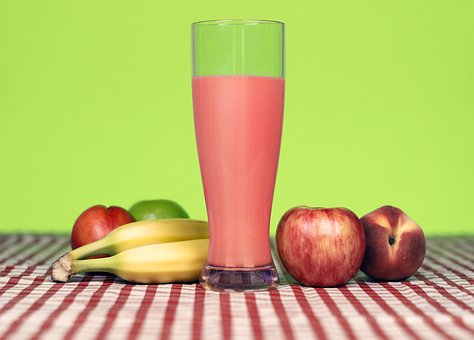Table of Contents
Introduction
If you’ve ever tried yourself in the world of health, you’ve heard of protein shakes. You aim to speed up your post-workout recovery time, build muscle, and even lose weight. With so many health promises, you might find yourself loading these large jars of protein powder into your grocery or health food cart. Have you ever wondered if these giant protein powder jars are healthy for you?
What are Protein Shakes?

Protein Shakes are made from energized protein. This protein generally comes from eggs or milk, but it can also come from plants like soy or rice—ingredients like vitamins and minerals, artificial flavors, thickeners, and added sugar. You usually get 10 to 20 grams of protein in a tablespoon. You can turn the power of protein into a smoothie with just a little water or milk or add it to your favorite smoothie.
Do you need a Protein Shake?

- Not everyone needs the extra protein that a Protein Shake can add to their diet. But protein shakes can help if you don’t have enough protein in your diet. You can benefit from drinking protein shakes if:
- You start a new training program or increase the time or difficulty of your training. It would help if you had this extra protein to build muscle.
- They are still growing. Adolescents need protein more than the average adult.
- You are recovering from an injury.
- You eat vegan, vegan, or vegetarian. A vegetable protein powder can help you add more protein to your diet.
Possible side effects of Protein Shakes
From building muscle to losing weight, protein shakes can benefit your body. But what about the side effects? When drinking protein shakes, the following may occur.
- Gas, bloating, diarrhea, stomach cramps. It occurs more frequently with whey protein powder. It may be related to lactose intolerance. Switching to milk-free protein powder can relieve symptoms.
- Hives rash, swelling, and runny nose/nasal congestion. Although rare, cow’s milk allergy can cause a severe reaction. Opt for milk-free protein powder if you are allergic to cow’s milk.
- Lack of nutrients. If you replace real foods with supplements, you will lack the extra vitamins and nutrients you could get from whole foods. For example, if you return your morning scrambled eggs with a protein shake, you may miss out on the added health benefits of eggs.
- Protein powder can be rich in sugar and calories. Always check product labels to find out what you are eating.
- As a dietary supplement, protein powder manufacturers must regulate their products. A research study found protein powders that contained heavy metals, pesticides, and other contaminants. For this reason, it’s important to use protein powder from trusted companies you trust.
How much Protein do I need?
Your protein needs will change throughout your life. Your protein needs also look different from your neighbor’s or friends’. The protein requirement depends on your activity and whether you are trying to build muscle. The following are guidelines for daily protein intake. It is always best to consult your doctor or nutritionist if you have any questions about the amount of protein you need daily. Recommended protein intake per day:
- Women want 46 grams of protein a day (about 0.8 grams/kg)
- Men need 56 grams of protein daily (approximately 0.8 grams/kg).
You get protein from foods like eggs, yogurt, meat, and plants. When choosing to supplement with protein powder, it’s important to remember that you don’t need as much protein powder to meet your daily needs.


